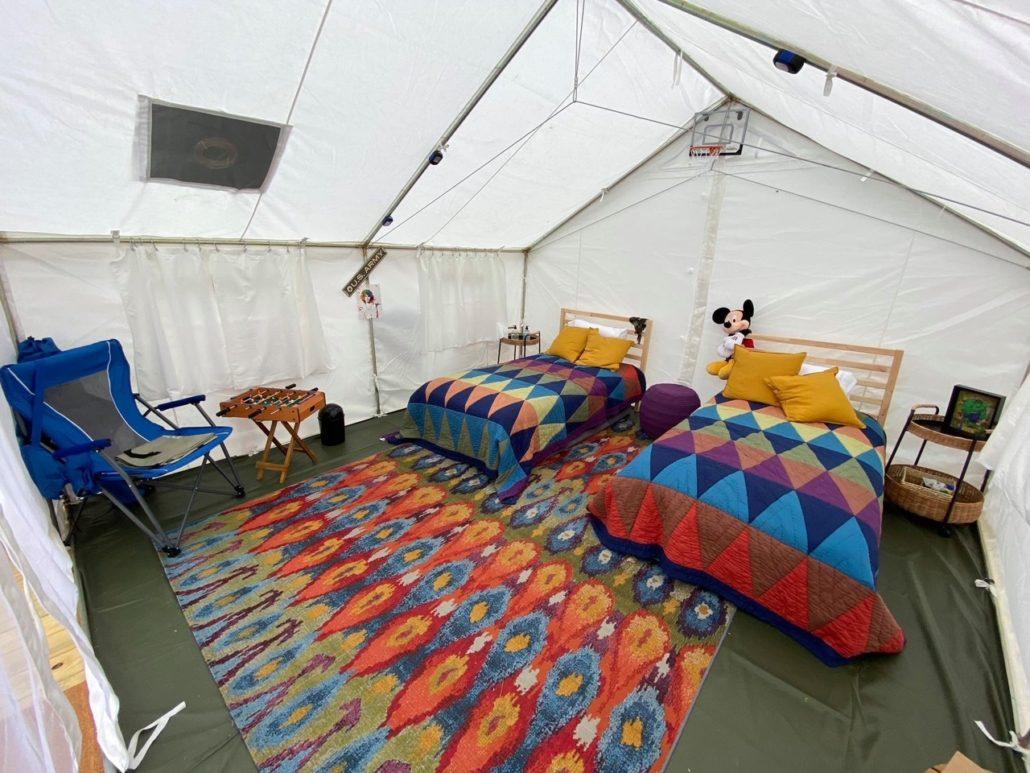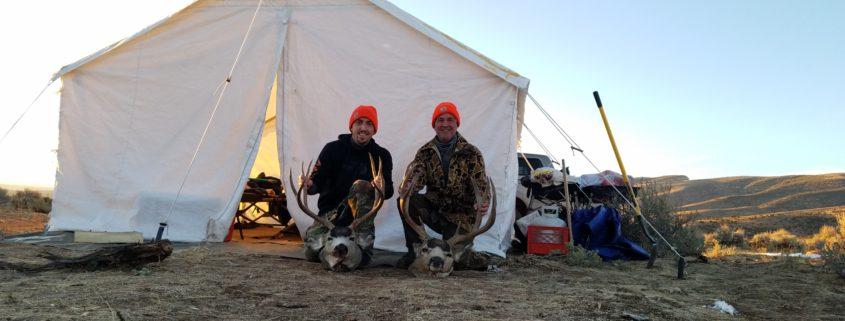5 Tips to Extend the Lifespan of Your Glamping Tents: A Guide by Elkmountaintents
Glamping has become a popular way to enjoy the outdoors while still having the comforts of home. However, with this type of camping comes the need for quality and durable tents that can withstand the elements. Elkmountaintents is a company that specializes in creating high-quality glamping tents that are designed to last. To help extend the lifespan of these tents, here are five tips to keep in mind.
Tip 1: Proper Cleaning and Maintenance
One of the most important things to do to extend the lifespan of a canvas tent glamping is to clean and maintain it properly. When camping outdoors, there are a lot of elements that can stick to the tent, such as dirt, dust, and tree sap. Over time, these elements can weaken the tent fabric and cause it to tear or fray.
To clean the tent, start by removing any debris or dirt with a soft-bristled brush or a clean cloth. Then, use a mild soap and warm water to wash the tent, taking care not to scrub too hard. Rinse the tent thoroughly with clean water and allow it to dry completely before storing it away.
Regularly inspecting the tent for any signs of wear and tear is also important. If there are any small rips or tears, fix them as soon as possible to prevent them from getting larger.
Tip 2: Proper Storage
When not in use, it is important to store the glamping tent properly. This will help prevent damage from moisture, insects, and rodents. Ideally, the tent should be stored in a dry, cool, and well-ventilated area. The tent should be folded neatly and stored in its carrying bag or in a plastic storage container.
It is also important to ensure that the tent is completely dry before storing it. Moisture can cause mold and mildew to grow on the tent fabric, which can weaken it over time.
Tip 3: Proper Use
Proper use of the glamping tent is also important for extending its lifespan. This means using the tent in the way it was intended and not overloading it with too much weight or putting too much stress on the seams and zippers.
It is also important to take care when setting up and taking down the tent. Rough handling can cause tears and damage to the tent fabric. Following the manufacturer’s instructions for setting up and taking down the tent can help ensure that it is done properly.
Tip 4: Protecting from the Sun
The sun can be a powerful force that can damage the fabric of the glamping tent over time. UV rays can cause the fabric to fade, weaken, and become brittle. To protect the tent from the sun, it is important to set it up in a shaded area or use a sunshade to block the sun’s rays.
Additionally, using a protective spray can help to prevent the fabric from fading and weakening due to the sun’s rays. Be sure to choose a spray that is safe for the type of fabric the tent is made of.

Tip 5: Avoiding Harsh Chemicals
Harsh chemicals can damage the fabric of the glamping tent, causing it to weaken and deteriorate over time. Avoid using bleach, harsh detergents, and other chemicals on the tent. Instead, use mild soap and warm water to clean the tent.
Frequently Asked Questions (FAQs)
Q: How often should a glamping tent be cleaned?
A: Glamping tents should be cleaned after every use to remove any dirt, debris, or stains that may have accumulated. They should also be inspected for any signs of wear and tear.
Q: Can a glamping tent be left up all season?
A: While glamping tents are designed to be durable, it is not recommended to leave them up all season. The elements, such as wind, rain, and sun, can take a toll on the tent over time. It is recommended to take down the tent when it is not in use and store it properly to protect it from damage.
Q: How can I protect my glamping tent from animals?
A: Animals, such as rodents and insects, can be attracted to the scent of food and other items in and around the tent. To protect the tent, store food and other scented items in airtight containers and keep them away from the tent. Additionally, sealing any gaps or holes in the tent can help prevent animals from getting inside.
Q: What should I do if my glamping tent gets wet?
A: If the glamping tent gets wet, it is important to dry it thoroughly before storing it. This can help prevent mold and mildew from growing on the fabric. If possible, set up the tent in a dry, well-ventilated area to allow it to air dry completely before packing it away.
Conclusion
Taking care of a glamping tent can help to extend its lifespan and ensure that it provides a comfortable and enjoyable camping experience for years to come. Proper cleaning and maintenance, storage, use, protection from the sun, and avoiding harsh chemicals are all important considerations when caring for a glamping tent. By following these tips and being diligent in caring for the tent, campers can enjoy the great outdoors with peace of mind knowing that their glamping tent will last for many camping trips to come.




